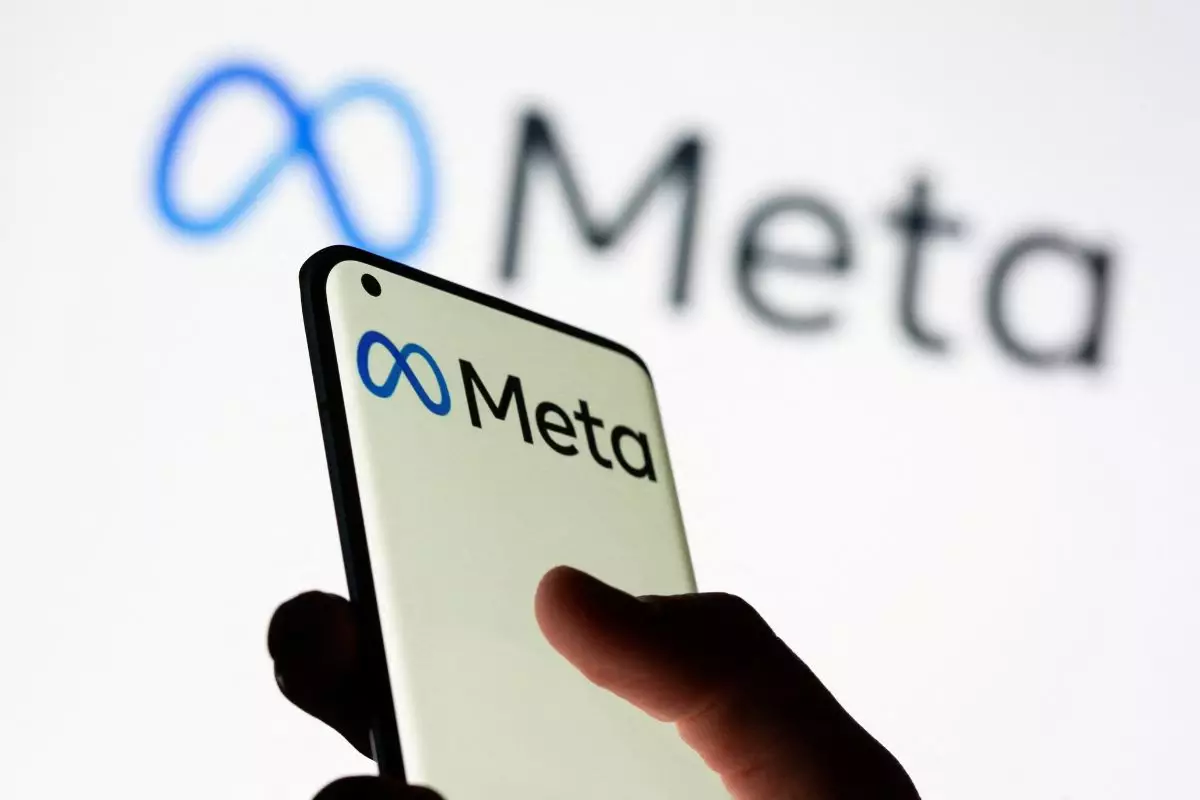As tech giants continue to dominate their respective fields, the specter of antitrust scrutiny looms ever larger over these empires. Meta, the parent company of social media behemoths like Facebook, Instagram, and WhatsApp, finds itself in a precarious position amidst calls to dismantle such monopolistic structures. Mark Zuckerberg’s internal considerations about potentially spinning off Instagram back in 2018 illuminate the immense pressures these companies face when navigating the intersection of business growth and regulatory scrutiny. The discussion surrounding the viability of spinning off well-loved platforms underscores the tension between innovation and government intervention.
Zuckerberg’s Dilemma
The memos disclosed during Zuckerberg’s recent testimony at a trial reveal a striking acknowledgment of the prevailing risks tied to anti-competitive behaviors. Zuckerberg’s musings about spinning off Instagram were not merely a fleeting thought; they encapsulated a calculated consideration about the foundation of Meta’s business strategy. Integrating apps under a unified umbrella brought distinct advantages but also posed the risk of attracting unwanted scrutiny. This introspection about the “family of apps” highlights the clash between personal conviction and market realities. With antitrust regulators increasingly vigilant, Zuckerberg’s private concerns echo a collective anxiety among Silicon Valley’s leaders: How do you balance growth with compliance?
Zuckerberg suggested that substantial consolidation would likely yield advantageous business growth; yet, he remained acutely aware that the very actions meant to strengthen Meta could also lead to its undoing. This duality shows the inherent conflict in the business landscape: the pursuit of expansion can sometimes entice regulatory backlash, putting leadership in a tight spot where decisions can mean navigating treacherous waters.
A Culture of Acquisition
One of the more striking elements emerging from the trial is how the notion of acquiring rather than competing has shaped Meta’s enduring strategy. Zuckerberg’s acknowledgment that Instagram presented a superior camera than what Facebook was developing emphasizes a broader industry phenomenon: “buying instead of building” has been a staple recipe for success within tech’s highest echelons. Yet, this creates burdensome narratives suggesting that the past successes of acquisition strategies can lead to antitrust suits in the present. With the Federal Trade Commission (FTC) alleging Meta’s monopoly in content-sharing platforms, these actions invite scrutiny into their effectiveness and intentions.
Zuckerberg’s candid reflections on the failures of Meta to successfully launch its own applications also merit critical examination. With admissions about the plethora of abandoned projects, the evolution of the company’s approach transforms into a legitimate point of discussion. Is the tech industry gazing too longingly at platforms like Instagram while shunning the need to innovate their own? The balance between maintaining dominance and fostering competition remains a delicate dance, with repeated failures ultimately highlighting a larger issue within an industry that thrives on constant iteration.
Antitrust Action: A Change of Landscape
The antitrust case currently unfolding against Meta represents more than just a legal confrontation; it captures a critical moment in the ongoing dialogue about Big Tech’s grip on modern society. The government’s actions could redefine what it means to operate fairly within the digital landscape, particularly as comparisons arise with the competitive tensions presenting from TikTok, YouTube, and others. As the FTC presses forward, the outcome could lead to a seismic shift, dissecting the very fabric of how tech conglomerates manage competition among rapidly evolving platforms.
Zuckerberg’s testimony, which acknowledges the competitive advantages gained through acquisition, intersects with accusations that the company has effectively eradicated emerging threats through its “buy or bury” strategies. The juxtaposition between defending the integrity of these acquisitions and the acknowledgment of potential anti-competitive motives helps to draw critical questions: At what point does a company’s expansion veer into monopolistic behavior? This discourse reinforces the growing sentiment that regulation isn’t merely an interference but rather a necessary buffer to ensure fair play amidst escalating corporate ambitions.
The Future of Tech and Investment
As the trial plays out, implications for the future of tech investment and market dynamics are significant. Meta’s evolving narrative reinforces the notion that even the most influential figures must navigate the vast, unpredictable waters of regulatory frameworks. As Zuckerberg himself noted, there exists a “non-trivial chance” that mega-corporations will need to adjust their operational structures profoundly in the coming years. This reality challenges not just Meta, but all tech companies, to reconsider how they approach growth, competition, and innovation in an increasingly regulated landscape.
The court’s decision could unveil the realities of achieving sustainable growth within the tech sector—one that respects competition while fostering innovation. As we witness the unfolding of this antitrust saga, the discourse surrounding corporate responsibility continues to evolve, presenting a vital opportunity for transformative change in the relationship between tech giants and regulatory authorities.

